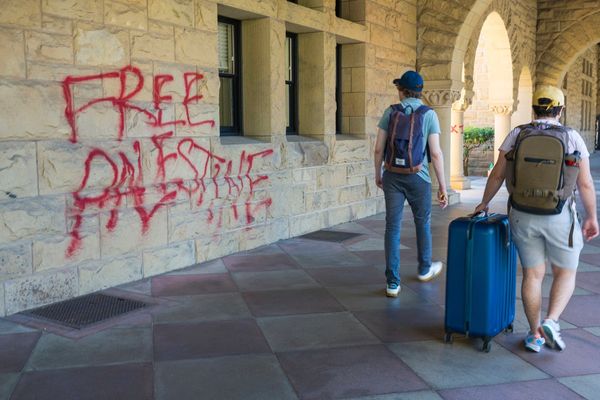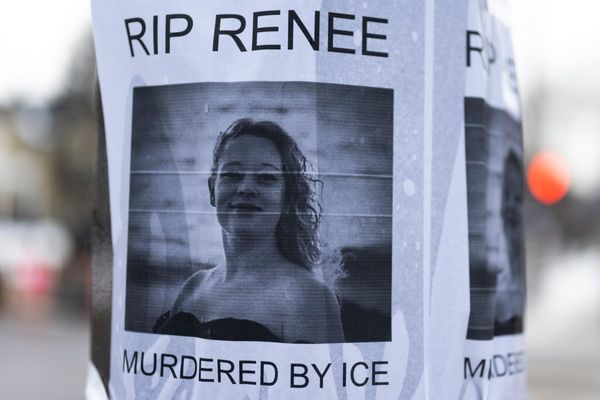
Environmental groups are suing the US Environmental Protection Agency over pesticide-coated seeds they say have “devastating environmental impacts” and are spread largely without regulatory oversight.
The suit alleges the neonicotinoid seeds are now spread on about 150m acres (61m hectares) of US farmland and up to 95% of the pesticide on the seed sheds, polluting nearby soil, water and air. The seeds are so dangerous to wildlife that just one can kill a bird, the groups note.
“They are highly toxic to pollinators, insects, birds, aquatic organisms that build the base of our food chain,” said Amy von Saun, an attorney with the Center for Food Safety (CFS), a co-plaintiff in the lawsuit. “Because the seeds represent so much neonicotinoid use, this is where all the devastation is coming from.”
The CFS is a co-plaintiff in the suit with Pesticide Action Network North America. Neonicotinoids are a controversial class of chemicals used in insecticides widely spread on cropland to treat for pests, but which a growing body of science has found harms pollinators and other insects not targeted by the chemical.
Neonicotinoids work by destroying an insect’s nerve synapse, causing uncontrollable shaking, paralysis and death.
While neonicotinoids can be sprayed on cropland, about 95% of it is distributed via seeds. The chemicals are water soluble and easily leach into soils and streams, and clouds of neonicotinoid-laced dust released during seed plantings have caused mass bee die-offs, the groups say.
Neonicotinoids from three major producers affect about 75% of all endangered species, the EPA recently found, and the UN reported cropland is now about 50 times more toxic than just a quarter of a century ago, contributing to an “insect apocalypse”. The chemicals are so destructive that the European Union banned their outdoor use while Canada has also imposed restrictions.
Among the issues at the center of the lawsuit is the seeds’ minimal and unenforceable labeling. The suit asks a judge to compel the agency to require stronger and enforceable labeling.
The suit also challenges the EPA’s exemption of the seeds from registration as pesticides under the Federal Insecticide, Fungicide and Rodenticide Act (Fifra). Registration would trigger closer scrutiny of their environmental and health impacts, and force the EPA to weigh the seeds’ benefits against their costs. The agency would have to show the seeds do not cause unreasonable or adverse effects to the environment, as is the standard under Fifra.
EPA science has found neonicotinoids harm endangered species while providing little benefit in terms of crop yield.
“If you actually balance the benefit against the harms, it would not pass the Fifra test,” von Saun said.
However, the EPA has claimed it has already thoroughly studied neonicotinoids and does not need to conduct reviews of the seed. The CFS in 2017 petitioned the Trump EPA to re-examine its exemption for the seeds and ban them. The EPA ignored the petition until CFS sued in 2021 to force a response, and months later the Biden EPA denied the petition. The new case challenges that denial as unlawful.
“Because coated seeds have significant adverse effects on the environment, EPA cannot continue to avoid its duty to review, balance the costs and benefits, and mitigate harm by unilaterally exempting coated seeds from FIFRA,” the suit states.







